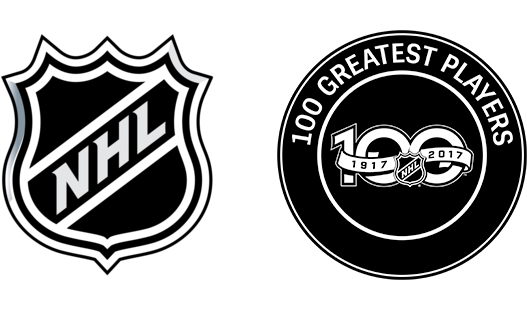The following feature appeared in the January 2013 issue of Blackhawks Magazine. Pick up the newest issue of the magazine at the next Blackhawks home game, or by calling the Blackhawks Store at (800) GO-HAWKS.
Two and a half years removed from a dream season that saw him earn Olympic gold, the Norris Trophy and the Stanley Cup, Duncan Keith, the longest-tenured Blackhawk — and resident fitness freak — has a simple plan to get himself and his team back to the pinnacle…
How does it feel to be the father figure in the locker room when you’re not even 30?
Well, I’m not the oldest guy on our team, but I guess I have been around longer than anyone else on the team. It’s happened so quickly. I still feel like I’m young, but I also feel like a veteran. I guess I feel I’m both. Somewhere in between.
When you broke into the NHL in 2005, who helped you learn the ropes with the Blackhawks?
We had a close team with a lot of character guys. Adrian Aucoin, Jim Dowd, Marty Lapointe. They showed me the way, how to be a professional. Being in the NHL is a privilege, and to stay here, you have to have discipline and know how to carry yourself. I watched them, how they went about their job. I was also fortunate to have Trent Yawney as a coach, first in Norfolk with the minor league team and then with the Blackhawks. He was very patient. I could tell that he cared and wanted to see me succeed.
And when you made mistakes as a rookie, you did so in an intimate setting, correct?
It was nothing like it is now, that’s for sure. If you didn’t suit up for an exhibition game at the United Center, you could sit in the stands and watch. Nobody would bother you. Nobody would know you. Now there aren’t any seats to sit in, which is nice.
What players did you study as a kid?
I grew up watching the Vancouver Canucks. I was born in Winnipeg, but my dad, Dave, was transferred to Ontario right away, and then we moved again to British Columbia. I always liked the guys who could really skate, like Pavel Bure. When I started playing, that was one of my greatest assets, so I sort of grew up with that mentality. If you can skate, you can have a role.
Were you always a defenseman?
No, I was a forward until I was 10 or so. My dad wanted me to be a forward. If you ask him now, he’ll probably say he still wishes I was a forward. But I liked the view from the back end. I liked the idea of getting the puck to my forwards and trying to be sort of a quarterback. I also took a lot of pride in preventing the other team from scoring, and still do.
Did your parents make the usual sacrifices for your hockey?
Absolutely. Dad was a bank manager, a hard worker. My mom, Jean, was a nurse’s aide. She would drop me off at the rink at 6 in the morning, I would show off a little for her, then she went off to work a lot of hours. They were very supportive, and I was very determined. I decided I wanted to be in the NHL at an early age, and I knew I would find a way.
Never a doubt?
Not on my part. Off the top of my head, I would say some people doubted me because of my size. I was too small. That bothered me a little bit, but that’s what’s great about sports. Everybody has opinions, and it’s best to not get too upset and do your thing.
Why Michigan State?
That was a big step for me, a fork in the road. You leave home and have a chance to develop. I liked the environment, too. Midwestern people are a lot like Canadians. Friendly, courteous, like to have fun, humble. They’re hard-working people who let their actions speak for them and don’t get too wrapped up in themselves. I see a lot of those qualities in people around Chicago, where my wife, Kelly-Rae, and I have made a lot of friends outside hockey.
You really have become part of the community in Chicago.
It’s a great place with great fans, and we consider it home. We live in British Columbia during the summer, but when we leave for the hockey season, it’s not like we’re leaving home. We’re going home, to Chicago.




